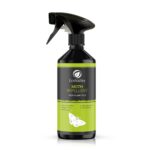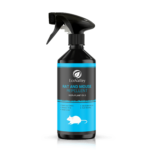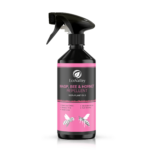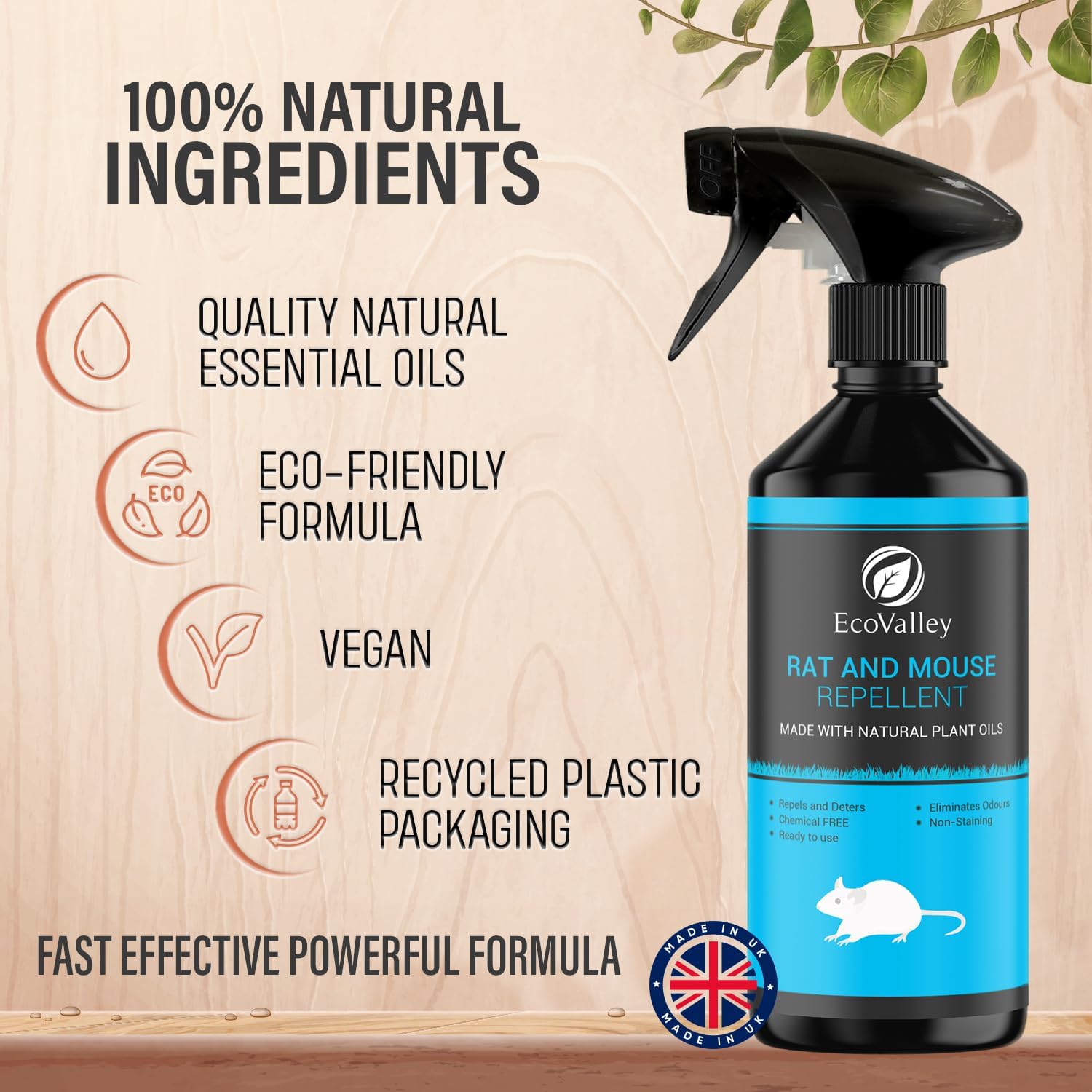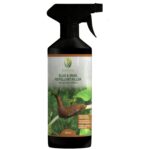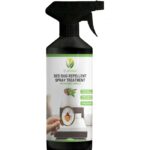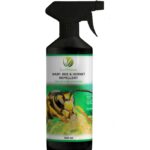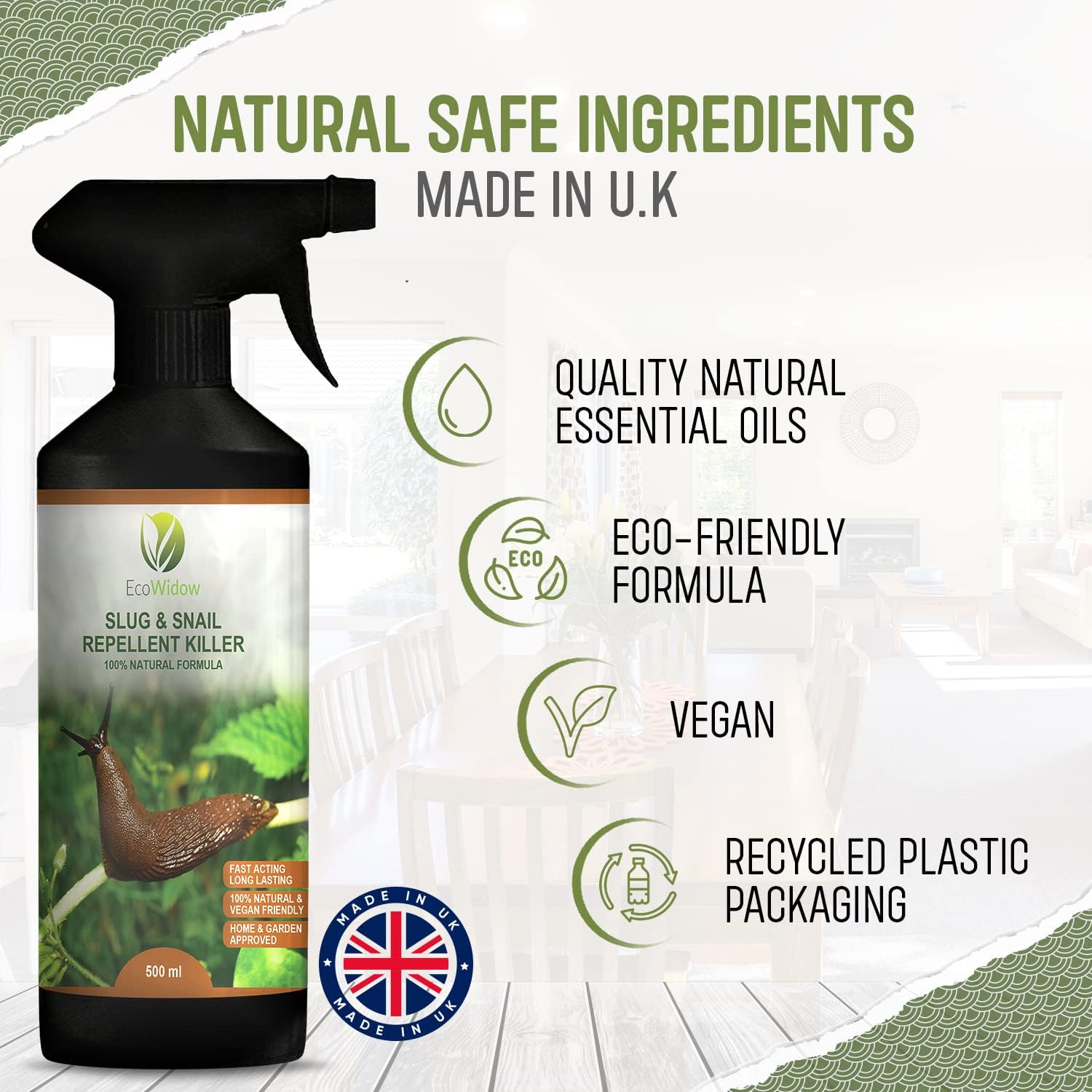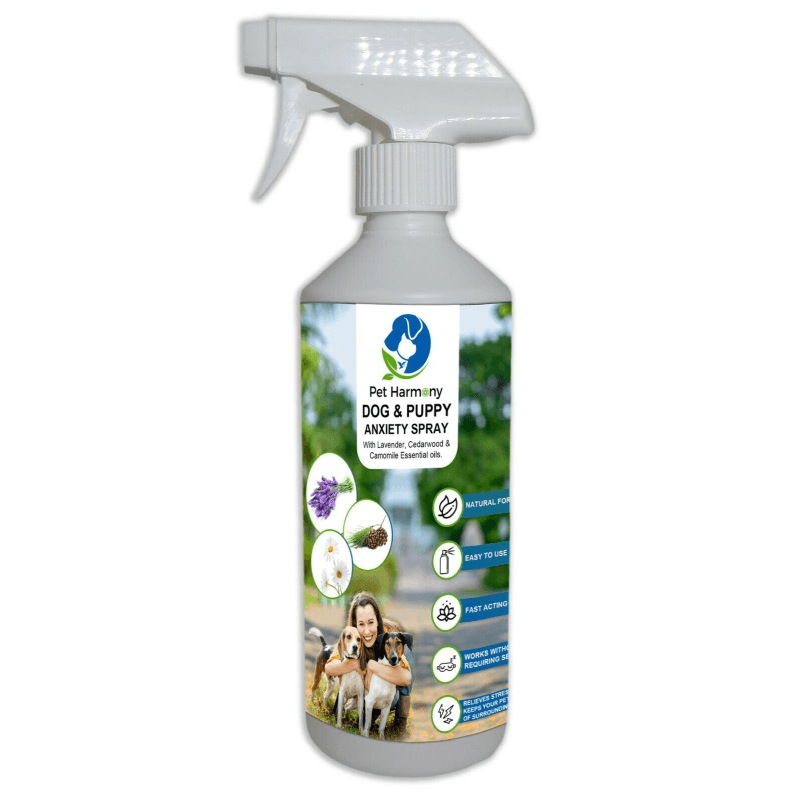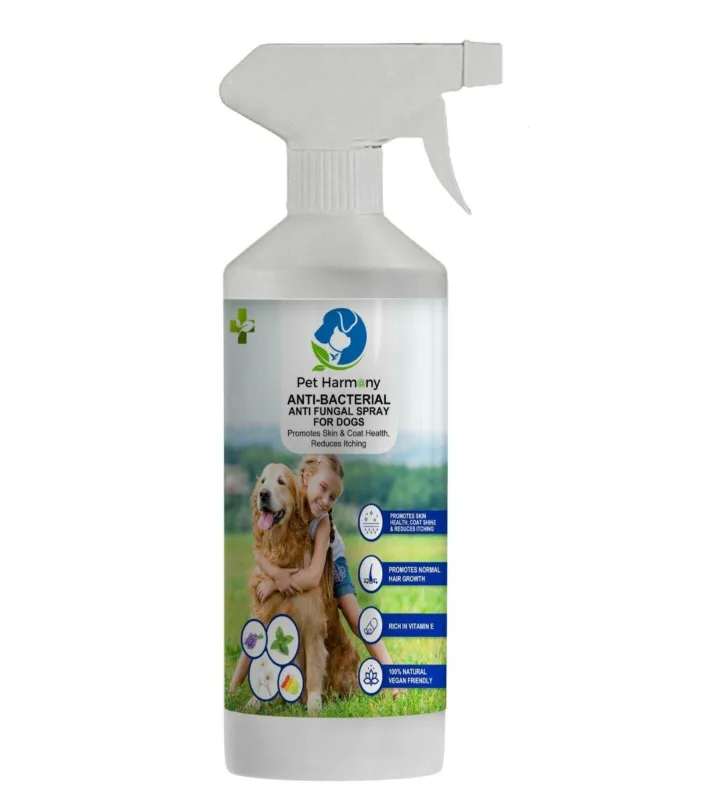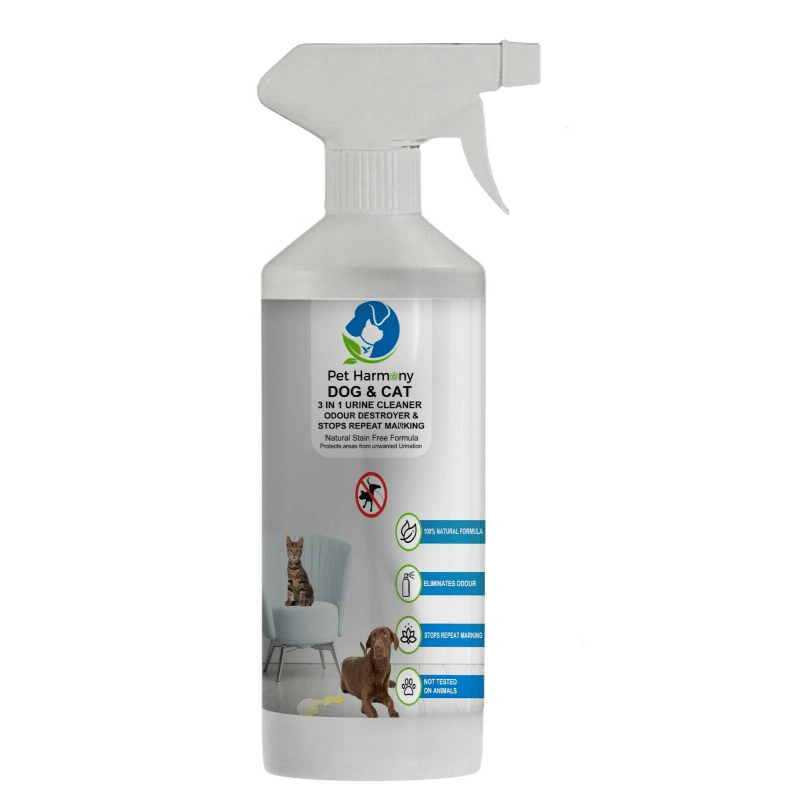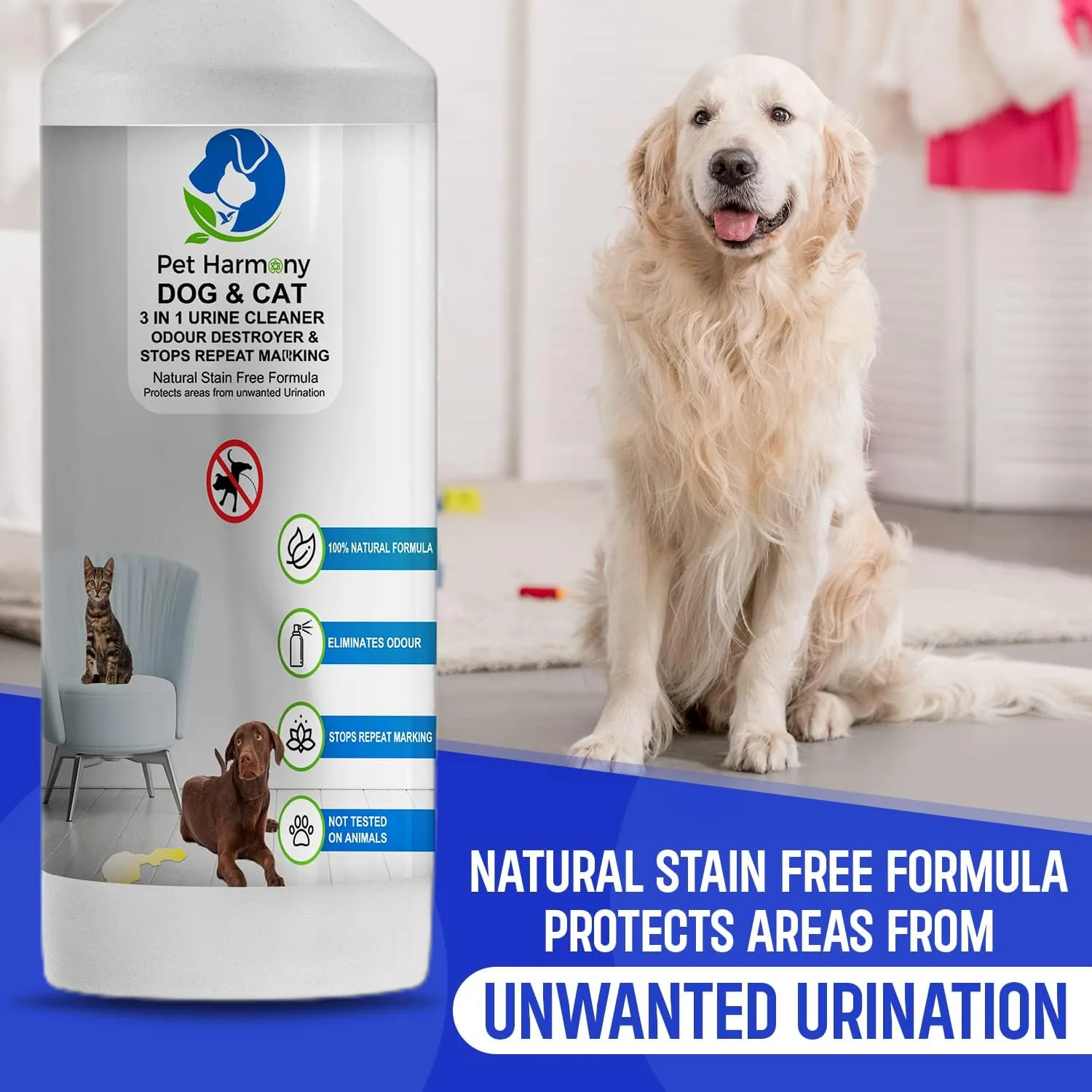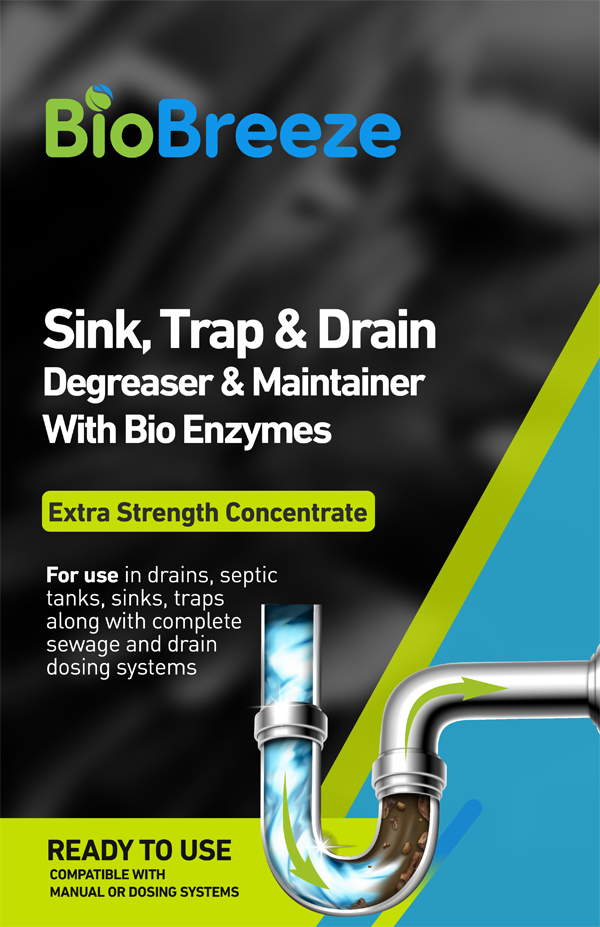Humans have long been aware of the numerous benefits of fish oil, which has helped it become one of the most popular nutritional supplements on the market, but we are not the only ones who benefit. Salmon oil for cats is a popular supplement that claims to improve your pet’s health, but can it live up to its claims? Let’s ascertain!
Salmon oil is an excellent source of important fatty acids such as omega 3 and omega 6. Both humans and cats require these nutrients, although many people give their cats human-grade fish oil. Human fish oil pills frequently contain citrus, which is not kind to cat stomachs. That is why we offer a cat-specific fish oil as well as hemp seed oil (another great source of omegas). You’ll discover everything right here!
Salmon Oil for Cats: What Is It?
Fish oil is derived from the tissue of a variety of marine species. Krill, cod, and sardines are all popular sources of fish oil. Salmon, on the other hand, is the most frequently used and popular source of fish oil supplements.
Whether you purchase farmed or wild Alaskan salmon oil, both are high in important omega 3 and omega 6 fatty acids. They are referred to as “essential” by physicians since animals require them but cannot manufacture them on their own. That’s true; while both you and your cat require omega fatty acids, your bodies are incapable of producing them. What sort of sham is that? Fortunately, nutritional supplements can help fill in the gaps left by our bodies.
Salmon oil contains two forms of omega-3 fatty acids:
Separately, you can purchase EPA and DHA supplements, but we do not suggest them. Both you and your cat require both kinds of omega 3 to thrive. EPA and DHA have distinct yet complementary properties. Pet harmony salmon oil is a great option for your cats.

Salmon Oil Benefits for Cats
So, what are the benefits of omega-3 and omega-6 fatty acids for cats? The quick answer is that there is a great deal. EPA and DHA are beneficial to a variety of organ systems. Let us take them one by one.
Joints
Joint problems are extremely prevalent in aged pets (and people! ), so don’t be surprised if your feline companion develops them as they age. Fortunately, the omega fatty acids included in salmon oil supplements may help alleviate symptoms.
When an animal consumes something, it is broken down into smaller substances known as metabolites by the body. There are several EPA and DHA metabolites, including specialised pro-resolution mediators (SPM). Clinical studies indicate that SPM may possess anti-inflammatory properties. A supplement containing omega-3 fatty acids, such as salmon oil, will help your cat’s SPM levels rise, thereby promoting a healthy immune response.
Heart
Numerous veterinarians recommend providing your cat with fish oil to strengthen their cardiovascular function. You may believe that anything that contains the word “fat” is doomed to induce heart disease. However, fat comes in a variety of forms.
Omega-3 fatty acids have a number of health benefits, whereas trans and saturated fats raise the risk of blood clots, high blood pressure, and other cardiovascular problems. Triglycerides are a particularly dangerous type of fat because they can cause artery hardening and an increased risk of cardiac arrest. Surprisingly, both EPA and DHA help to lower blood triglyceride levels, promoting cardiovascular health.
Kidneys
Inflammation, hypertension, and a high intake of unhealthy fats all serve as risk factors for kidney disease. As previously stated, the DHA and EPA in salmon oil help to lower inflammation and lipid levels, which benefits the kidneys.
Omega-3 fatty acids in the brain, particularly DHA, are crucial for cognitive function. In humans, a study discovered that low DHA levels in the blood contributed to accelerated brain ageing and decreased brain size. While cognitive decline is a natural part of ageing, this intriguing research implies that you can help your cat cope with it.
Even more remarkable, additional research reveals that pregnant women who take fish oil supplements have children who score higher on early childhood intelligence exams. If you have a lot of omega-3 fatty acids in your body, you may have a better chance of having a healthy brain as a kitten.
DHA is required for the proper development of the eyes and optic nerves. Kittens should consume a sufficient amount of omega fatty acids to aid with visual development as they grow, but it doesn’t end there. If your cat’s DHA levels decline later in life, this may contribute to eyesight loss.
Salmon Oil For Sensitive Skin
Both omega-3 and omega-6 fatty acids can benefit your pet’s skin. Omega-6 fatty acid deficiency in cats can cause skin and coat problems, from minor irritation to serious pain.
Supplementing your pet’s diet with salmon oil can help keep their coat healthy and help with symptoms like dry skin, rashes, and even some allergies caused by food or medicine.
Salmon Oil Is Beneficial for Nutrition & Well-Being
Due to their anti-inflammatory effects, DHA and EPA are critical components of the immune system. A healthy immune system is critical for your pet’s overall wellbeing and is a necessary component of homeostasis, the internal balance of all physiological systems.
Inflammation of the gastrointestinal tract Inflammation frequently rears its head in the digestive system. Omega-3 fatty acids may provide some relief for those suffering from inflammatory bowel disease (IBD). If your cat has this illness, you can help them by modifying their diet (hypoallergenic or grain-free diets can occasionally aid a cat with IBD) and adding some omega-3-rich fish oil to their food.
Cell Growth That Is Not Normal
In a 2018 study, the effects of DHA and EPA on malignant cell proliferation in mice were investigated. While additional research is necessary, these preliminary findings suggest that essential fatty acids may help prevent hazardous growth. Even though the research is still very young, this could be the next interesting thing in the field of fatty acid therapy.
Obsesity
If your cat may benefit from losing a few pounds, the best course of action is to place them on a strict diet and ensure they receive adequate exercise. However, if your cat’s weight gain becomes clinically obese, you’ll need to investigate variables other than diet and activity. Obesity raises the risk of heart disease, hypertension, and diabetes, as well as joint degradation.
Omega-3 fatty acids, for example, help to lower plasma insulin and potentially toxic metabolites. These acids also help your cat regulate its blood sugar and move its joints, which could help it stay healthy and keep its weight in check.
Hairballs and salmon oil
Every cat will occasionally cough up a hairball, given how much time they spend licking their fur coats. Cats typically swallow a small amount of fur when they groom themselves, and their stomachs handle it normally. Certain variables, however, enhance their likelihood of developing hairballs.
Poor coat quality might result in dry, fragile fur that easily falls out. If this is the case with your cat, they will wind up swallowing an excessive amount of hair while they clean. In addition, if your cat has skin problems, they might over-groom themselves to relieve their skin pain.
Salmon oil’s essential fatty acids help to improve the quality of your cat’s skin and fur, making it less likely for your cat to swallow gobs of hair while grooming. As an added bonus, the fatty acids in your cat’s food help the body make more good things, which makes it easier for it to digest any hair that it eats.
Salmon Oil For Constipation In Cats
To alleviate constipation, some recommend adding a teaspoon of salmon oil to your cat’s food twice daily. However, there is no clinical data to support this hypothesis at the moment. While cod liver oil may be more effective for this purpose, it contains fewer omega-3 fatty acids than salmon oil. It could become problematic as too much fish oil can cause diarrhoea; technically, this would resolve constipation, but not in the manner desired.
The most effective strategy to prevent constipation in your cat is to provide it with a balanced diet. Alternatively, choose an all-natural wet meal with a moisture content of 75%. Avoid low-moisture, high-sodium dry meals. Another excellent option for your cat is ground chicken or turkey.
How to Give Cats Salmon Oil
Direct administration of fish oil is possible via a metered dropper or pre-dosed capsules. Felines have a well-known liking for fish, so convincing them to eat it should not be difficult. However, anyone who has tried to give their pet medicine knows that even the tiniest dropper full of liquid can be hard for them to take.
The simplest approach to administering salmon oil to your cat is to incorporate it into their daily food. This method works best if you feed your cat wet food made from actual salmon or tuna, which will conceal the oil naturally. When giving fish oil to your cat for the first time, place a small amount on your fingertip and let them inspect it to familiarise themselves with this new meal.
On average, we recommend providing your cat with 1/4 to 1/2 teaspoon of fish every day. There are some adverse effects connected with consuming an excessive amount of salmon oil, including unsettled stomachs and immune system problems.


